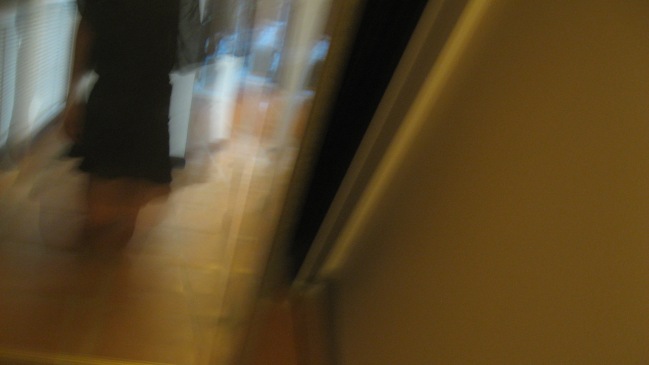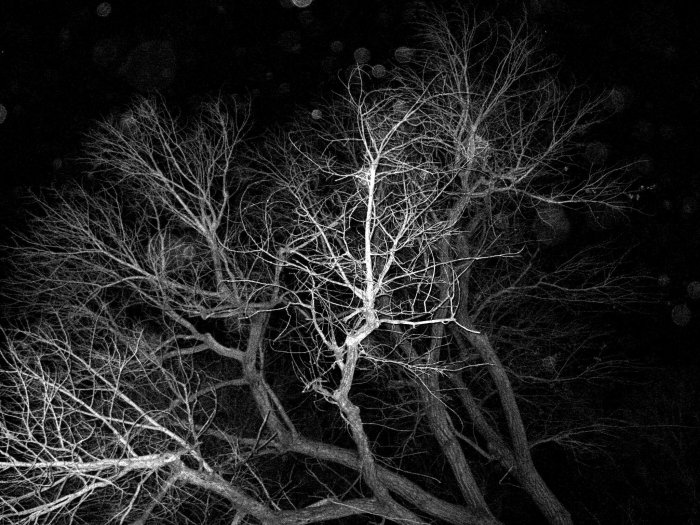** An excerpt
The alarm goes off. How many days have I missed work now? My blue room has shadows and in the shadows, I see the summer sun waiting for me. I have been in this room for several days. I don’t sleep, only suffer with my eyes closed. My pets draw in closer to me. Their looks of wonder and perhaps sadness reflect the reality of my life. I cling to them, these innocent fur-bearers, as if they were my very life.
And they were.
Their need kept me alive.
Rolling out of bed was like moving stones. One leg over the side – then the other. Dead tree limbs for arms, winter in my eyes. I make my way to the bathroom to vomit again, wash my face, feed the cats and the dog. Life just keeps tunneling into this darkness, blaring its ugly horn in my silence. I pour a drink and lie down on the carpet, wondering if I have lost my mind finally; wondering what life can allow, what edges I can push against until the sharpness bleeds me entirely.
*******
Throughout my life, I have dealt with alcoholism. From the first drink, it was everything to me. I couldn’t believe how easy it was to be courageous, brave… comfortable. You see, I was never comfortable. I was the girl who tried but never succeeded, the one who barely touched the center of any group. I was always out coaxing wild creatures from hiding or creating fantasylands where I was someone else. There was music, art, and the beasts of the forests. These kept me, held me. In poems, I was the caustic blaze of a city on fire. I was a queen to the tapestry of unicorns and other mythic beasts. I was the mad gin-drinking wanton with a revolver strapped to her thigh. I was many things. I was so many, in fact, I drifted far away from the girl who tried.
There are many theories and opinions about addiction, addiction treatment or recovery philosophies. I do know that no animal willingly chooses annihilation without being completely insane or seeing annihilation as something other than death. For the mad, life is worse than death. Addiction is the antithesis of life. Addiction is a rabid animal set loose in the mind, body, and spirit that convinces itself that annihilation can be life.
Like creativity or genius, we tend to view the realm of addiction as fantastic, extraordinary. We make shows about it. We spend billions of dollars on it in jails, courts, institutions, and treatment centers. We have “programs” and pathways out for those “willing” enough to accept the rainbow at the end of the clouds. We have so many portraits of addiction, we have lost sight of the complexity of its enormity, its anonymity. I have friends who – despite everything I have lost or done over the years – continue to deny my addiction. It would be painful to accept. It would prompt them to ask their own hard, troubling questions – to view behaviors better kept locked behind closed doors, in cars, in the mind.
In my pursuit of sobriety, I have come to realize that there’s really no way for me to speak about my own experiences without weaving in a societal portrait of recovery. Likewise, I cannot write about recovery without relying on my intuition and perception, having been in rehabs and “holistic” treatment centers and having participated as a Kool-Aid drinking member of AA and other programs.
When you ask most clinicians about treatment options for addiction, twelve-step programs are the go-to suggestion. Not that their rates of success are particularly good – they just propagandize society’s agenda of compliance, lack of personal power, group buy-in, reliance on outside forces, and a steady push to return the individual to “normality.” And while AA and these programs work for some people – and I do not wish to diminish their effectiveness with those who benefit – I know twelve-step programs don’t work for all. I certainly don’t believe that those who deviate from this model of recovery are doomed.
I have lost friends to this disease. Friends who did all the right recovery things – some of them in programs for years, only to fall into severe and ultimately fatal relapse. I have grown all too tired of hearing, “Oh, if they only didn’t stop doing their program,” or “If only they had gotten a program,” etc. When I suggest that perhaps the program alone wasn’t enough or perhaps it was a combination of events that kept the person sober and a combination of events that led them to the end, I am usually ignored or seen as pugilistic, rather than as someone who sincerely wants to understand this disease. To this I ask, why not question our options?
I think there’s always more to the story…
I do not believe in an addictive type or personality. I believe addiction is cultural, a societal make-up easing us into carefully formed facades that serve the root of addiction. Secrets are titillating. We grow up with a predilection for lying. We assume roles – encouraged roles – and play out our secret lives and desires in ways that often lead to addiction or self-destructive or abusive behaviors. I do not believe in a defective individual; I believe we are made to believe that lies and hidden desires are better options than self-awareness, courage, and bold honesty.
We humans like a tidy explanation. Empires and religions are built upon this internal compulsion for reason and logic. And when these fail us, we fall back on the particular recipe of faith we were given. Those who walk outside of these lines and live a little too fully or differently are dangerous – not just to society but to self. Arguably, the alcoholic/addict is a pariah not unlike criminals and madmen. Recovery – the industry of – does little to move away from this otherness.
Recovery-based paradigms encourage the “strange terrain” that embodies addiction, the fatal flaw, for example, that set some up for a life of addiction and do little to critique a culture that encourages the formula for this pathology. Otherness is irrational. Otherness is dangerous. Recovery paradigms have less to do with morality and more to do with conformity. Case in point: it is more socially acceptable to be a corporate thief than it is to be a black dealer. Take a look at any prison and one cannot deny this truth. If society truly cared for morality, and not simply “falling into one’s place,” the spectrum of justice would reflect this.
Recovery – if it is to be effective, meaningful, and lasting – must include this dialogue.
The last night
with him, lying down,
he places his hand
on the space
where my ribs furl
back like wings.To steady
me, to keep me
from rising.
– Nancy Mitchell, The Leaving
From the top of the slick rock, I hear the last song cascade down through the stadium, echoing off of the canyon rocks. I have been drinking since noon. The wind whips my hair and dress as I walk along, between couples, between vendors selling t-shirts and other merchandise. Some are packing up. I watch the skyline dim – the corners of the night have become an indigo stain, a broken pen. No stars pierce the clouds.
*******
As to my own journey, healing and recovery must involve purging habits and rituals, illusions and expectations. In a broader, more effective discourse, we must understand the concepts of recovery that society wants us to purchase. We must understand the touch we thought would bring salvation or balm. We must understand and embrace the ache that demands something to be filled, attained. Burning the desire itself for normal responses to abnormal society is catharsis. To question whether being found or walking a certain path is what is intuitively right for oneself is essential. Recovery must involve honoring one’s deep feeling ways or views, sensitivities and persuasions.
Recovery or healing is borne from realizing that the flame that shines so luminously in what we want – the fairytale or medicine – exists within. It is in knowing that the answers cannot be constricted to one path, but in many roads of exploration, questioning, and wise uncertainty.
** This is an excerpt from a complete article to be published in July 2014.


Refreshing. Hits home. And challenges assumptions.
LikeLike